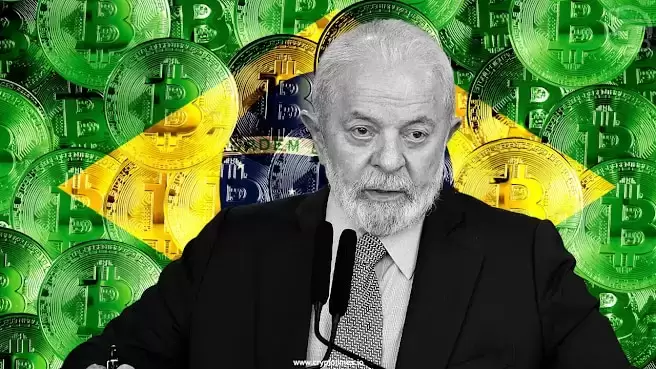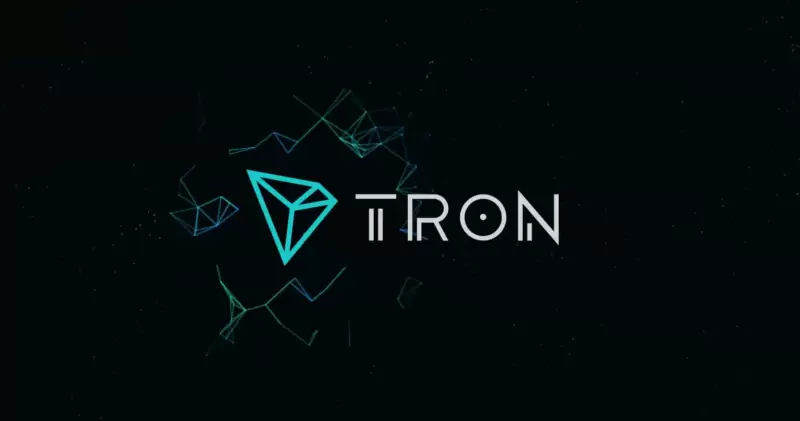 |
|
 |
|
 |
|
 |
|
 |
|
 |
|
 |
|
 |
|
 |
|
 |
|
 |
|
 |
|
 |
|
 |
|
 |
|
Cryptocurrency News Articles
Brazil Might Be Gearing Up to Make a Bold Move by Adding Bitcoin to Its National Reserves
Mar 29, 2025 at 07:16 pm
A top official from President Lula's administration recently called the idea 'crucial' for the country's future, sparking serious debate.

Brazil might be one step closer to adding Bitcoin to its national reserves, thanks to a high-ranking official from President Luiz Inácio Lula da Silva’s administration.
The idea is crucial for the country’s future, the official said, sparking fresh debate.
What Happened: Pedro Giocondo Guerra, chief of staff to Vice President Geraldo Alckmin, made the remarks at a congressional event on Wednesday.
He highlighted how Bitcoin could be a key addition to Brazil’s financial safety net, likening it to digital gold—a recognized store of value that might also facilitate faster cross-border money flows.
Giocondo Guerra’s comments came in support of a new bill that would create a national Bitcoin reserve.
The bill, which is being proposed by Deputy Eros Biondini, aims to allocate a portion, up to 5%, of Brazil’s foreign exchange reserves to Bitcoin.
The Central Bank would manage the Bitcoin holdings, using blockchain analysis and artificial intelligence to monitor the investments.
The bill lists several key reasons for investing in Bitcoin. It could help fortify the Brazilian economy against external shocks and diversify its financial portfolio.
Moreover, it would serve to augment the launch of Brazil’s own digital currency, DREX, and broaden the country’s financial safety net.
See More: What Is DREX, Brazil’s Digital Real?
Brazil has already made significant strides in the crypto sphere. It was the first nation in the Americas to approve spot Bitcoin ETFs, and trading volumes have soared in recent times.
Last year, Brazil went a step further by launching a Solana ETF, showcasing its openness to new technologies in the financial sector.
If Biondini’s bill is passed, it would see Brazil join El Salvador—which famously adopted Bitcoin as legal tender—in making significant moves to integrate the cryptocurrency into national finances.
The bill faces an uphill battle before it reaches Lula’s desk for approval. It still needs to be approved by several congressional committees and both houses of Congress.
Critics of the bill, which include members of the Brazilian Treasury, highlight the volatility of Bitcoin’s price and the potential cybersecurity risks. They maintain that such an investment would be a distraction from Brazil’s more pressing economic concerns.
Those in favor of the bill argue that investing in Bitcoin would help protect Brazil from inflation and lessen its dependence on the U.S. dollar, ultimately granting the country greater financial autonomy.
The bill comes at a time when several countries are turning their attention to cryptocurrencies.
Earlier this week, the U.S. decided against selling seized Bitcoin, instead opting to retain it as a reserve asset. Meanwhile, Venezuela and Colombia are exploring ways to integrate cryptocurrencies into their respective national payment systems.
For Brazil, which already boasts one of the largest and most active retail crypto markets—with a 2023 survey by CoinsPulse revealing that 16% of Brazilians own crypto—this move could be a natural progression.
If Brazil does decide to invest in Bitcoin, it could have a significant impact on both the country’s economy and the crypto market.
Disclaimer:info@kdj.com
The information provided is not trading advice. kdj.com does not assume any responsibility for any investments made based on the information provided in this article. Cryptocurrencies are highly volatile and it is highly recommended that you invest with caution after thorough research!
If you believe that the content used on this website infringes your copyright, please contact us immediately (info@kdj.com) and we will delete it promptly.
-

-

-

- RCO Finance (RCOF): The AI-Powered Crypto Set to Outperform Shiba Inu (SHIB) and Dogecoin (DOGE)
- Apr 01, 2025 at 07:30 am
- For investors looking for quick gains, Shiba Inu (SHIB) and Dogecoin (DOGE) have been the go-tos, delivering explosive gains thanks to their viral appeal and strong community backing.
-

-

-

-

- Elon Musk just poured cold water on the idea that the U.S. government might use Dogecoin.
- Apr 01, 2025 at 07:20 am
- At a town hall in Wisconsin on Sunday, the tech billionaire said there are “no plans for the government to use Dogecoin for anything as far as I know,” ending speculation that the Trump administration's Department of Government Efficiency (DOGE) might adopt the meme coin.
-

-



























































